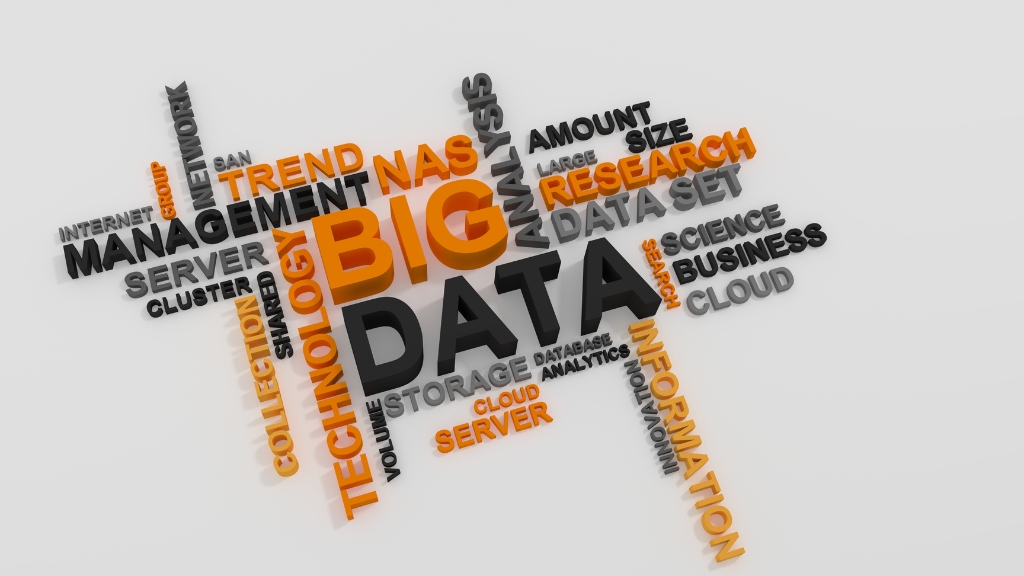
How AI and Advanced Analytics Are Transforming Healthcare Outcomes
A decade ago, nothing was imaginable AI and analytics are providing new potentials- from early disease detection, personalized treatment, to effective resource management. These advanced technologies are redefining the healthcare industry, by transforming the care delivered along with optimizing patient outcomes as well as assisting healthcare providers globally in improving operations. The healthcare stands at profound transformation, powered by AI and advanced analytics.
The Role of AI and Analytics in Healthcare
AI and advanced analytics utilizes machine learning as well as providing sophisticated algorithms to analyze large volumes of data in the healthcare sector. Such data sets include electronic health records (EHRs), medical imaging files, genetic data, and even instantaneous data from wearables. With these resources, professionals in the healthcare sector are able to make informed decisions and provide better patient care.
Key Benefits:
- Enhanced diagnostic accuracy
- Early disease detection
- Personalized treatment plans
- Improved operational efficiency
- Better patient engagement
Early Disease Detection and Diagnostics
Identifying diseases at an earlier stage is one of AI’s greatest contributions to the healthcare industry. Machine learning models are capable of analyzing extremely large medical images, lab results, and patient histories more efficiently than modern methods. For instance, AI systems have been remarkably successful recently at detecting early-stage breast, lung, and skin cancers as well as diabetic retinopathy and sepsis.
Moreover, these systems have overcoming treatment diversity factors by improving diagnostic accuracy and reducing chances of missed diagnosis which has resulted in better patient outcomes. AI applications have been developed recently that match human experts in imaging interpretation and have advanced beyond human performance in numerous cases. Therefore, it is becoming a necessity in radiology and pathology departments.
Predictive Analytics for Proactive Care
Predictive analytics saddles together using real time data with the past, in order to project a patient’s risk and determine their health status. AI can analyze large datasets to predict patients that are most likely to face complications, be readmitted to the hospital, or lose their condition, enabling interventive care that is customized at the individual level.
As an illustration, AI-powered predictive models are now being employed by hospitals to determine the likelihood of sepsis, heart failure, and even readmission to the hospital. These models help clinicians prioritize care for high-risk patients and further streamline the allocation of resources towards those that truly need it, ultimately enhancing the survival rate.
Personalized and Precision Medicine
AI and analytics are leading the charge in personalized medicine, “precision” or “individualized” medicine, where treatments are customized to each patient’s unique genetic composition, lifestyle, and medical history. AI technology helps recommend therapies by analyzing data, offering the best treatment that achieves optimal benefits and minimum harm. AI-driven tools in oncology assist oncologists with choosing the appropriate chemotherapy regimens to improve outcomes and quality of life. For instance, patients’ genetic profiles enable more precise treatment selection.
Enhancing Operational Efficiency
Apart from clinical care, AI and analytics transform health care functions. Hospitals and clinics are always under pressure to control expenses, minimize waiting times, and improve staff productivity. Using AI to analyze patient flow, identify peak periods, and propose changes enhances efficiency. This results in greater operational effectiveness, lower expenses, and improved patient satisfaction.
AI also allows streamlining operations, reducing costs, and improving patient experience while enhancing overall operations’ efficiency. Further, big data analytics assists healthcare organizations with identifying changes and trends in patient care, streamlining workflows, and making evidence-based decisions.
Addressing Healthcare Challenges
The integration of AI and analytics is helping to overcome some of healthcare’s most persistent challenges:
- Health Inequity: AI-driven analytics can identify disparities in care and target interventions to underserved populations.
- Workforce Shortages: Automation of routine tasks allows clinicians to focus on complex cases and patient interaction.
- Rising Costs: Predictive analytics and operational optimization help control expenses while maintaining high-quality care.
The Human Touch: AI as an Enabler
Predictive analytics is the process of forecasting probable health events or associated risks using past and present data. In improvement-backed healthcare predictive analytics works best in detecting patients who are at greater risk of complications enabling providers to intervene promptly and tailor the care plan appropriately.
Real-World Impact: Case Examples
- Early Cancer Detection: AI algorithms have improved early detection rates for breast and lung cancers, leading to higher survival rates.
- Chronic Disease Management: Predictive analytics has enabled better management of diabetes and heart failure, reducing hospital readmissions and complications.
- Operational Excellence: Hospitals using AI for resource management have reported shorter wait times and improved patient satisfaction.
Future Directions
Healthcare will rely heavily on data in the future. With the continuing advancement of AI and analytics technologies, stronger relationships with telemedicine, wearables, and population health will likely increase. This will allow more proactive, preventive, and customized treatment, which ultimately improves health outcomes worldwide.
Frequently Asked Questions (FAQs)
-
In what ways does AI aid accuracy of diagnosis within the medical field?
AI employs machine learning algorithms to evaluate medical images along with lab results and patient history, frequently recognizing patterns and irregularities that the clinician may overlook. This ensures earlier diagnosis, and more accurate one especially for complicated illnesses such as cancer and rare genetic disorders. -
Can predictive analytics and AI be utilized to help in improving costs incurred in healthcare services?
Certainly, AI and analytics bolster the financial bottom lines of healthcare organizations while preserving the quality of care delivered through appropriate resource allocation, elimination of unnecessary tests and procedures, and interdiction of hospital readmissions.
-
Is there a possibility of privacy issues arising from using AI technologies in health-related services?
Maintaining patient confidentiality is one example of data privacy that raises great concern. The use of AI and analytics tools by healthcare organizations requires them to observe governing laws and employ adequate safeguards to prevent breaches of patient information.
-
Would artificial intelligence systems take over the roles of doctors or nurses?
No, AI was created to serve as a tool to aid healthcare practitioners, not to obviate them. It performs mundane activities and delivers insights to aid decision making, thus allowing practitioners to manage more complex cases and the majority of the time attend to the patients.
-
What is the significance of predictive analytics in the medial field?
Predictive analytics is the study of predicting future health events or risks by studying events that happened in the past and those happening in real time. In healthcare, predictive analytics helps to identify patients who have a higher risk of complications allowing Providers to act timely and customize the care plan as needed.
Leave a Reply
- AI in Diagnostics: Revolutionizing Early Detection and Accuracy
- How AI and Advanced Analytics Are Transforming Healthcare Outcomes
- Investing with Confidence: The Role of ROI Calculators
- How ROI Calculators Drive Data-Driven Business Strategies
- The Ultimate Guide to ROI Calculators for Business Success
- Making Sense of ROI Calculators: A Comprehensive Guide
- June 2025 (1)
- May 2025 (1)
- October 2024 (2)
- September 2024 (31)
- August 2024 (31)
- July 2024 (27)
- June 2024 (28)
- May 2024 (30)
- April 2024 (33)
- March 2024 (23)
- February 2024 (29)
- January 2024 (3)
- December 2023 (47)
- November 2023 (36)
- October 2023 (23)
- September 2023 (2)
- June 2023 (2)
- May 2023 (13)
- April 2023 (1)




